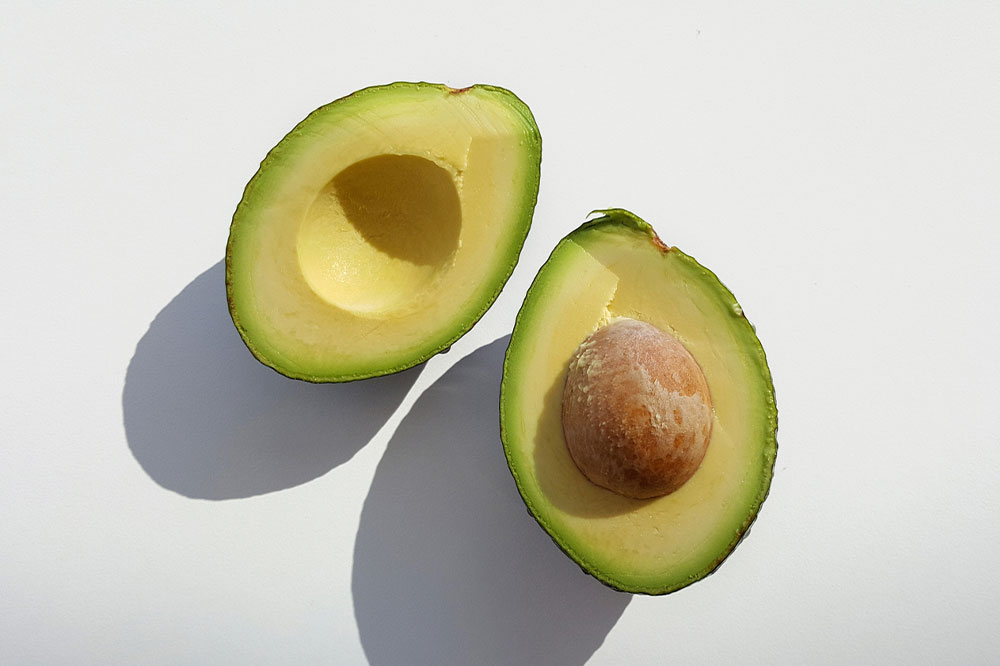
10 healthy food choices for people with diabetes
The next time you reach out for a second serving of that delicious pudding, pause and reflect on whether you really need it. Research has demonstrated that a whopping 34.2 million people are grappling with diabetes in the country. On the bright side, some lifestyle changes can help control diabetes to a great extent. Here’s a list of foods that can help individuals with diabetes regulate their blood-sugar levels and lead a healthy lifestyle:
Lean meat
Lean meat sources like skinless chicken and turkey, pork chops, and beef liver contain high protein levels and less fat content. Having lean meats can help individuals with diabetes receive essential nutrients while avoiding unhealthy fats.
Berries
Fresh berries like strawberries, blueberries, raspberries, and blackberries have low glycemic indexes and lend themselves to meal plans for patients with diabetes.
Unsweetened yogurt
Unsweetened Greek or plain yogurt is packed with protein, calcium, and probiotics and can be a great source of nutrition for those with diabetes. Studies have demonstrated that consuming yogurt is associated with the prevention of type-2 diabetes.
Fatty fish
Fish varieties rich in omega-3 fatty acids are nutritious options for patients grappling with diabetes. Moreover, fatty fish are anti-inflammatory and can help control blood sugar levels. Some fatty fish varieties include salmon, mackerel, herring, and sardines.
Bitter gourd
Bitter gourd or bitter melon is widely recommended for controlling blood sugar levels. Some studies have shown that bitter melon can lower blood sugar and A1c levels among those with type-2 diabetes. While raw bitter gourd can be unappealing for many, it can be enjoyed in various forms, including steamed, baked, and pan-fried bitter gourd. Bitter gourd juice is also a popular beverage.
Boiled chickpeas
Boiled chickpeas are rich in omega-3 fatty acids and other polyunsaturated fats, which can reduce LDL cholesterol and diabetes levels. They also have a low glycemic index and are ideal for snacks and breakfast and as side dishes for your main meals.
Broccoli
Broccoli has also been shown to help control diabetes. According to one study, the consumption of broccoli sprouts facilitates a reduction in blood glucose levels. Cruciferous vegetables like broccoli, cabbage, and Brussels sprouts contain sulforaphane, an essential nutrient for blood-sugar regulation. Its low glycemic index of 15 also makes it a healthy option for people with diabetes.
Carrots
Carrots are non-starchy vegetables with nutrients like vitamins A and B6, fiber, and beta-carotene. They also contain antioxidants and fiber and have a low glycemic index.
Apples
Apples have a relatively low glycemic index compared to other fruits and can be nutritious additions in moderation for persons with diabetes. Moreover, the high fiber content in apples can help regulate insulin levels and reduce oxidative stress.
Walnuts
Walnuts can help with insulin resistance and reduce the risk of type-2 diabetes. They can also aid in preventing and regulating other related diseases like cholesterol and heart disease.
Those who take insulin for diabetes management may consider switching to BD diabetes pens for daily use. For example, BD Ultra-Fine™ Insulin syringes rank among the top products across known brands featuring syringes with 0.3ml, 0.5ml, and 1ml capacity. These are available in 12.7mm, 8mm, and 6mm needle lengths suitable for various insulin applications.







